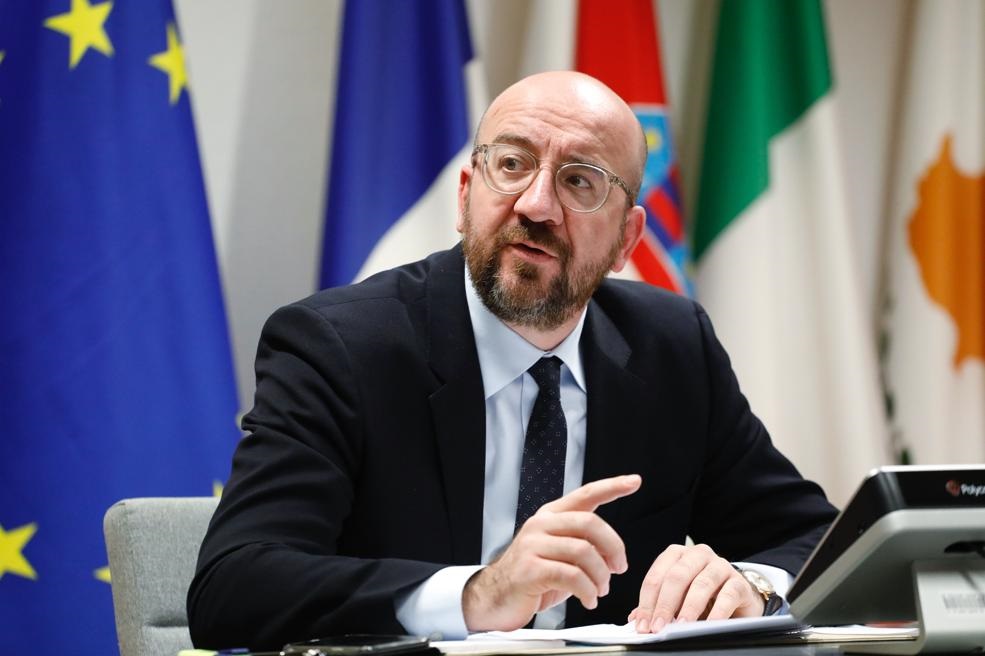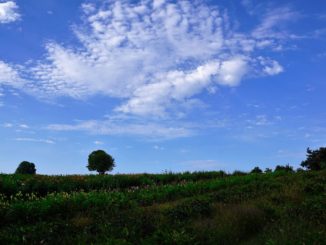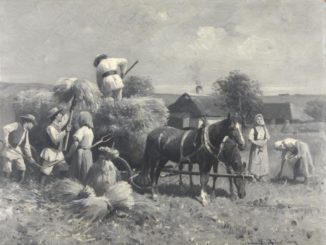
EU Leaders disagree on CAP, on how it should be funded, and on how that funding should be divided up between different priorities. Meanwhile, there are delays, the parallel farm to fork strategy, talk of transitional arrangements, and now, the global pandemic that is COVID-19 to deal with. Natasha Foote unpacks some of the details.
EU leaders met on 20 February for an exceptional summit which was to be the first round of the lengthy process of hammering out the EU’s next long-term budget, the multi-annual financial framework (MFF), which will shape the future of the bloc and, crucially, the EU’s agricultural policies, for the next seven years.
However, clashes among EU leaders meant that the meeting came to no fruitful conclusion, with another stand off over the budget pushed back for another day.
The current EU long-term budget ends on 31 December 2020. The European Commission presented a proposal in May 2018, which the European Parliament gave its pre-consent for in November 2018 and re-confirmed it in October 2019.
This budget ensures the EU has the financial means to run every area of action, including the programmes and initiatives of common interest to all member states. It also plays a key determining role in supporting farmers via funding of the CAP and rural development schemes, and is therefore crucial to the stability of EU farmers.
After the EU summit on 20-21 February, Parliament President David Sassoli said Parliament was “disappointed” that the European Council failed to reach an agreement and expressed hope that the future negotiations will show the EU is ready to back up its ambitions with sufficient funds.
However, more is at stake here than with previously budgetary decisions, as a strong EU budget for 2021-2027 is required if we hope to rise to the new challenges Europe faces and deliver on Europeans’ expectations.
Challenges
“Europe is facing unprecedented challenges such as climate change, digitalisation and a new geopolitical order,” Sassoli emphasised. “Lowering our ambitions could only have a negative impact on years of progress and integration.”
As has been recently noted, the policy playing field is shifting in Brussels, with the environment placed at the forefront of the new EU Green Deal.
While this new environmental emphasis is welcomed by many, the question on everyone’s lips is how Europe can fund these new priorities.
The question is especially pertinent post-Brexit, with the UK leaving a €12 billion hole in the €150 billion yearly budget, a contribution that is by no means an easy gap to fill. Just in order to fill this hole, and simply to maintain the status quo, would already require all member states to contribute more.
So, as it currently stands, the EU stands to have less money, with more priorities, and a rapidly shrinking time frame in which to square that circle.
And although the new environmental and climate goals have important ramifications for all aspects of the EU’s functioning, farmers will shoulder the brunt of the burden of many of these new green policies.
Under pressure to produce more sustainably with less inputs, farmers are feeling the heat and putting pressure on the EU to deliver a CAP budget which facilitates this.
This means that the CAP, which historically been a sticking point in budget discussions in previous MFFs, is especially important this time around.
Although agriculture spending still represents the lion’s share of the EU’s long-term budget, the CAP’s proposed allocation of €329.2 billion currently under discussion is lower than the €383 billion in the current MFF.
In particular, the rural development support, the so-called CAP’s second pillar, is set to be further trimmed by €7.5 billion in the last draft budget.
With so much at stake, farmers from across Europe turned up in force recently to protest against the proposed cuts to the main farming subsidies programme, blocking the streets of Brussels with tractors to demand a say in the sorely-needed and much lauded environmental transition.
CAP options
So, in the aftermath of a disappointing first attempt at securing a budget and under pressure with the deadline for the next MFF creeping up fast, the question is – what now for the CAP?
The first thing to be noted here is that the chances of wrapping up negotiations under the Croatian presidency are slim. Instead, the negotiations will be concluded under the German presidency.
Given this timeframe, the most likely scenario is now for some kind of transitional arrangements which carries over current scheme, with a spokesperson for the Presidency recently saying that there was “likely to be a transition period.”
This transition would bridge the gap between the current legal framework and the next CAP, and is likely to include temporary new schemes that would roll over the current agreements.
The most important consideration here is what would this look like and would mean for farmers.
The chances are that this transitional period would last in the region of 2 years, with the spokesperson saying that a two-year transitional period was favoured by member states, although “some still seem to prefer a one year duration, including the Commission.”
This transitional period was predicted by experienced socialist MEP Paolo de Castro, former CAP negotiator and group coordinator in the agriculture parliamentary committee, back in September 2019.
Such a transitional period would simply carry forward the current budget for the next two years while the MFF was negotiated.
However, this transitional arrangement throws up a number of problems.
Firstly, this transitional period would also need be to thrashed out, redirecting energy that could otherwise be spent on reaching a final agreement towards reaching a transitional agreement, which could potentially slow progress on the long term plan.
What’s more, the new Green Deal and Farm to Fork strategy are due to be launched within this time frame, meaning that farmers will be left less money than previously, but with new aims and priorities.
This is especially important given that the most recent leak of the Farm to Fork strategy said that the Commission will “ensure, in its work with the co-legislators, that the Green Deal ambition is squarely reflected in the agreed CAP legislation. It will also ensure that the Member States strategic plans adhere to a concerted and ambitious approach in line with the Farm to Fork Strategy, including on climate and environment, pesticides, fertilisers, antibiotics and organics.”
But without the means to properly implement strategies to improve sustainability, this would slow any meaningful progress on these areas.
Farmers would then be left with only 5 years of the next MFF before another budget change, a tight time frame within which to make long term decisions.
It’s for this reason that there is talk of another possibility on the table – negotiating instead a longer term, post-2020 CAP which will have longer reaching effects and part of the implementation phase in the 2028-2034 CAP.
This longer term period would afford much-needed certainty to farmers, allowing them more security in transitioning to greener practices with the assurance of funding in the meanwhile.
This overhaul would mean that we would be back to square one and another proposal would have to be tabled by the Commission.
However, considering the many changes that have occurred between the first proposal and the current negotiations, including new priorities, a new Green Deal, the new Parliament and Commission, such a move may not be quite as outlandish as it seems.
For now, a new EU-CO summit to discuss the MFF is scheduled for the end of the month, although in what capacity this will go ahead remains to be seen given the current uncertainties over COVID-19, yet another spanner in the works of the already complex negotiations.
More from ARC2020 on CAP
Commission’s Dodgy Calculations Improve CAP’s Climate Impact





